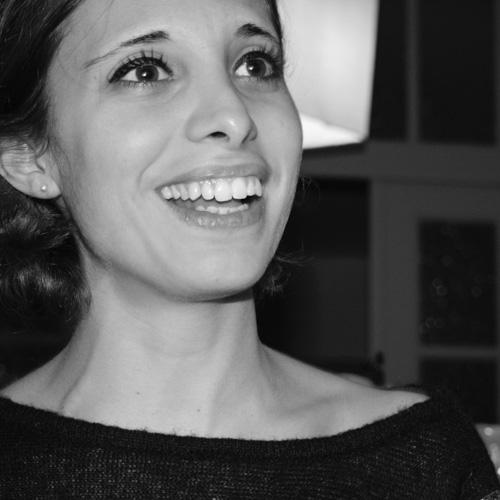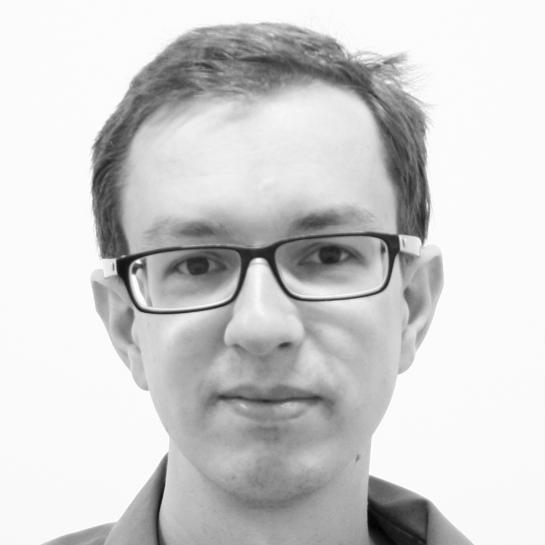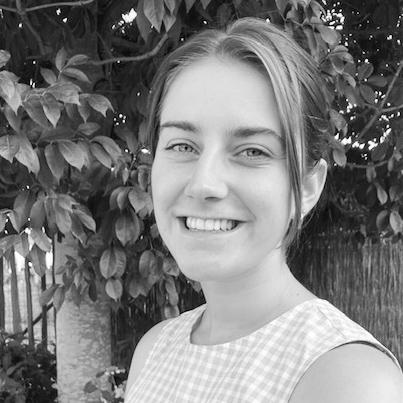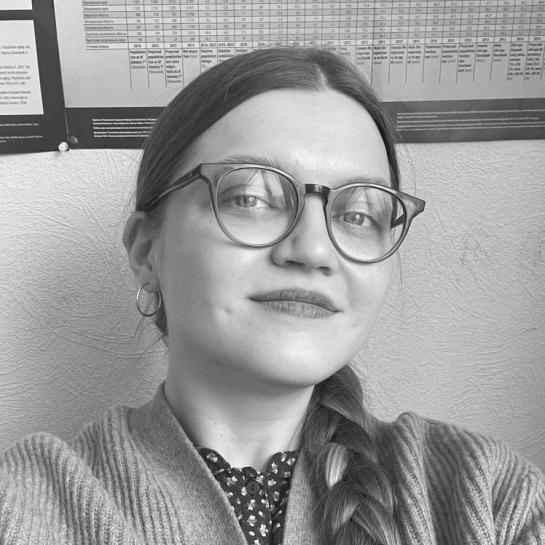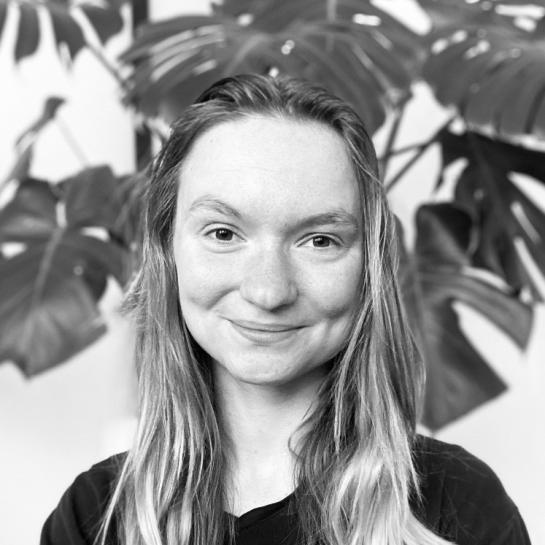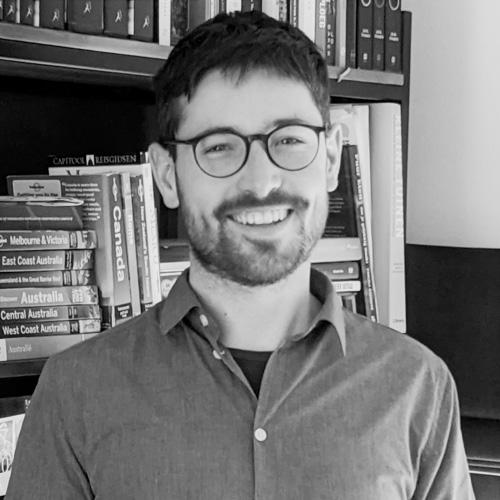2022 - 2025 | FWO and FNRS
About the project
INEQKILL focuses on a crucial dimension of inequality in society, the disparity in death, coined ‘ultimate inequality’. The COVID-19 pandemic has incited renewed interest into infectious diseases as potential drivers of social and spatial mortality inequalities, alongside life-style disease (cardiovascular diseases and cancer) and external causes of death. The project aims at generating new knowledge and insights into the origin and development of inequalities in all-cause and cause-specific mortality in Belgium. It tackles the long-term evolution of mortality inequalities (1800-2025) using an interdisciplinary approach based on expertise from demography, social epidemiology, medical geography and socioeconomic history. INEQKILL addresses the following questions: How have social and spatial differences in cause-specific mortality evolved in the context of rising living standards, improved social security and medical progress? How did these mortality patterns vary according to age, gender and migration status? And which factors can explain these? Besides using Belgium’s rich and unique statistical heritage, the project takes advantage of state-of-the-art geographic information systems and statistical techniques. Integrating micro and macro level data, linking past and present, and engaging with the wider public, INEQKILL embodies a major and original initiative in enhancing our understanding of mortality inequalities in Belgium and beyond.
Partners
Prof. Dr. Philippe Bocquier (Centre for Demographic Research, UCLouvain)
Prof. Dr. Isabelle Devos (Quetelet Center for Quantitative Historical Research, Ghent University)
Prof. Dr. Thierry Eggerickx (Centre for Demographic Research, UCLouvain)
Prof. Dr. Sophie Vanwambeke (Earth and Life Institute, UCLouvain)
Postdoctoral researchers
Dr. Jean-Paul Sanderson (Centre for Demographic Research, UCLouvain)


